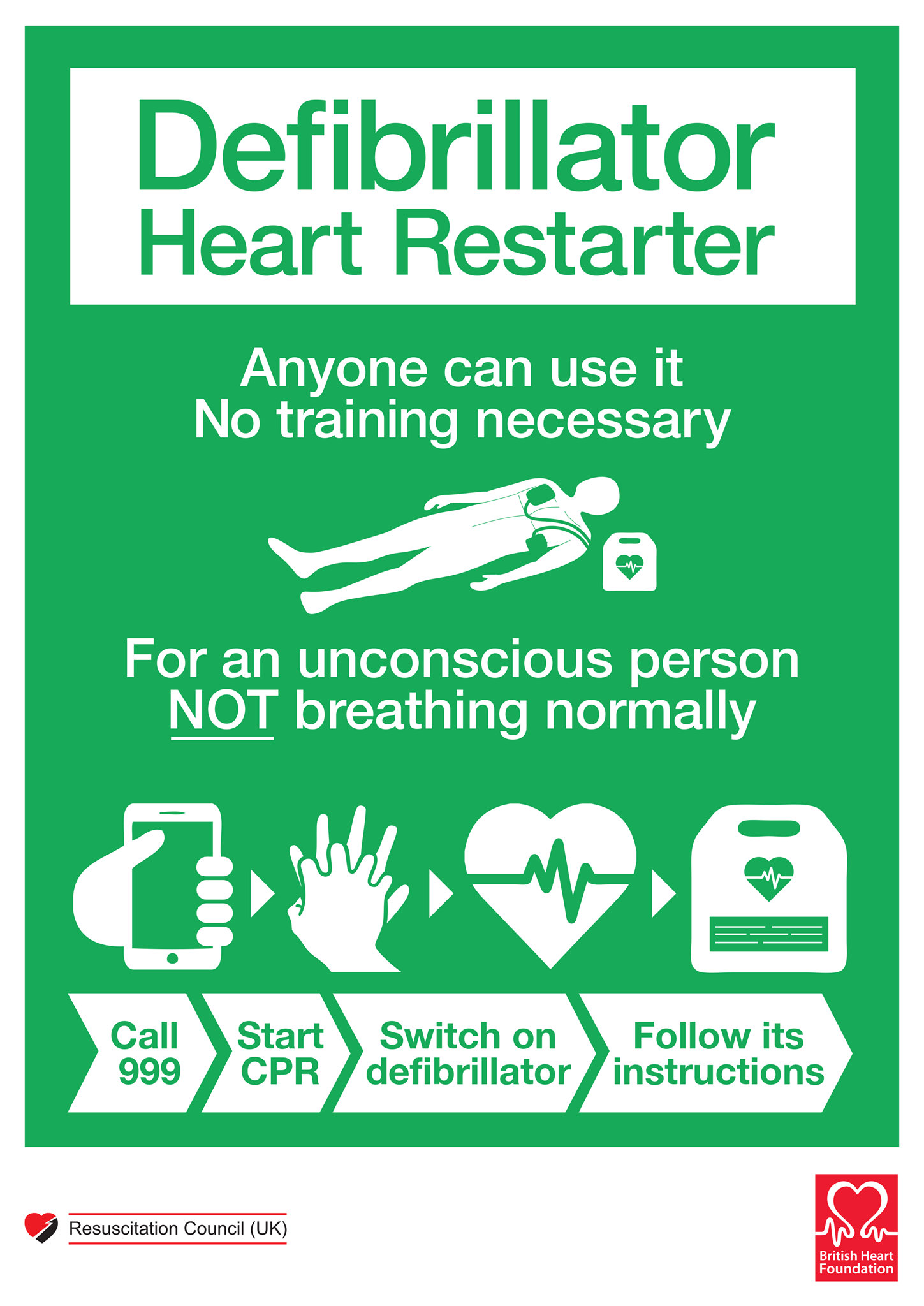First Aid Course Overview
 BooksThe details of the First Aid courses that LilleyPad Training offers are listed below:
BooksThe details of the First Aid courses that LilleyPad Training offers are listed below:
A selection of frequently asked First Aid questions:
Are first-aiders allowed to give tablets and medication to casualties?
First aid at work does not include giving tablets or medicines to treat illness. The only exception to this is where aspirin is used when giving first aid to a casualty with a suspected heart attack, in accordance with currently accepted first-aid practice. It is recommended that tablets and medicines should not be kept in the first-aid box.
Some workers carry their own medication that has been prescribed by their doctor (eg an inhaler for asthma). If an individual needs to take their own prescribed medication, the first-aider's role is generally limited to helping them to do so and contacting the emergency services as appropriate.
However, this does not apply to the administration of prescription only medication specified in Schedule 19 of the Medicines Regulations 2012, where this is for the purpose of saving life in an emergency. Adrenaline 1:1000 up to 1 mg for intramuscular use in anaphylaxis is an example.
Where a first aid needs assessment identifies that Schedule 19 medication may be required to be administered in an emergency, the employer should consider providing workplace first aiders with additional training in their use.
How many first-aiders are needed?
The findings of an employer's first-aid needs assessment will help them decide how many first-aiders are required. There are no hard and fast rules on exact numbers and all the relevant circumstances of your particular workplace should be taken into account. The table in the leaflet First aid at work assessment tool provides further guidance.
Can legal action be taken against first-aiders?
It is very unlikely that any action would be taken against a first-aider who was using the first-aid training they have received. HSE cannot give any specific advice on this issue as it does not fall within HSE's statutory powers.
It is recommended that you seek legal advice, or advice from your employer's insurance brokers on whether their policies cover first-aiders' liability.
What is an appointed person?
When an employer's first-aid needs assessment identifies that a first-aider is not necessary, the minimum requirement is to appoint a person to take charge of first-aid arrangements. The role of this appointed person includes looking after the first-aid equipment and facilities and calling the emergency services when required. They can also provide emergency cover, within their role and competence, where a first-aider is absent due to unforeseen circumstances (annual leave does not count).
Do appointed persons need to undertake first-aid training?
To fulfil their role, appointed persons do not need first-aid training. However, emergency first-aid training courses are available and recommended
Can appointed persons perform first aid, eg cardiopulmonary resuscitation (CPR)?
Appointed persons are not first-aiders and should not attempt to give first aid for which they have not been trained.




